Fever
Recent articles
Acetaminophen use during pregnancy does not increase child’s chance of having autism, study finds
The link reported in prior studies likely reflects confounding factors, which sibling-matched controls in the new work address.

Acetaminophen use during pregnancy does not increase child’s chance of having autism, study finds
The link reported in prior studies likely reflects confounding factors, which sibling-matched controls in the new work address.
Evidence linking acetaminophen to autism, ADHD under debate again
As acetaminophen lawsuits make their way through the U.S. court system, researchers reevaluate the quality of the evidence linking in-utero exposure to the painkiller to neurodevelopmental issues in children.

Evidence linking acetaminophen to autism, ADHD under debate again
As acetaminophen lawsuits make their way through the U.S. court system, researchers reevaluate the quality of the evidence linking in-utero exposure to the painkiller to neurodevelopmental issues in children.
Fever doesn’t ease challenging traits in most autistic children
The findings contradict a previous study, whose design may have been biased to find an effect.
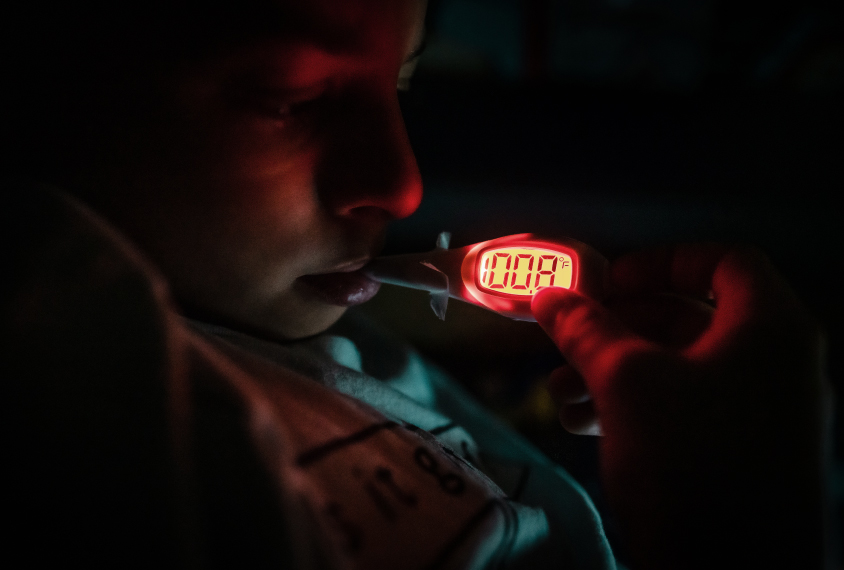
Fever doesn’t ease challenging traits in most autistic children
The findings contradict a previous study, whose design may have been biased to find an effect.
Notable papers in autism research, 2020
Gene therapies and the factors influencing autism traits top Spectrum’s list of the 10 most notable research findings we covered in 2020.
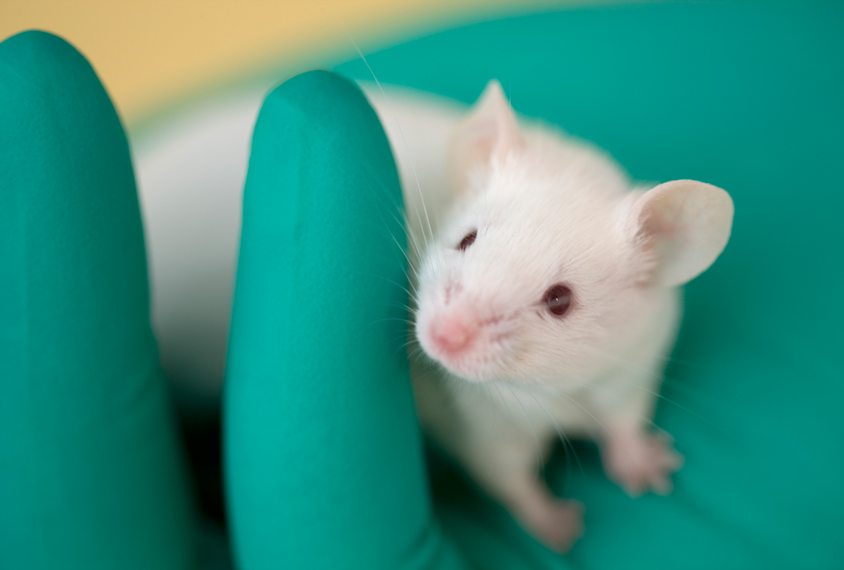
Notable papers in autism research, 2020
Gene therapies and the factors influencing autism traits top Spectrum’s list of the 10 most notable research findings we covered in 2020.
Epidurals linked to slightly higher autism odds, but connection is unclear
Women who receive epidural anesthesia during labor have an elevated chance of having a child with autism, a new study has found. But it is too soon for doctors to recommend against epidurals, experts say.
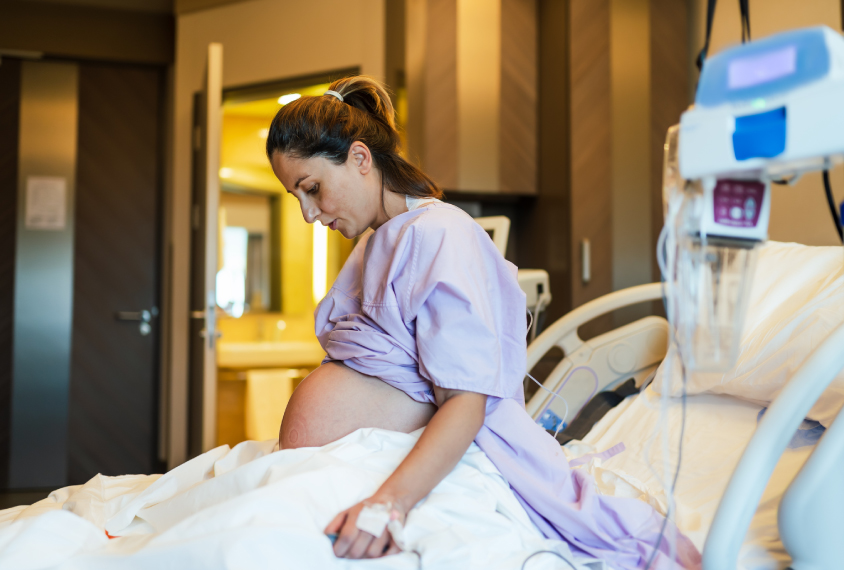
Epidurals linked to slightly higher autism odds, but connection is unclear
Women who receive epidural anesthesia during labor have an elevated chance of having a child with autism, a new study has found. But it is too soon for doctors to recommend against epidurals, experts say.
Hormone level in infants may predict autism diagnosis
Infants with low levels of the hormone vasopressin in their cerebrospinal fluid may be more likely to later be diagnosed with autism.
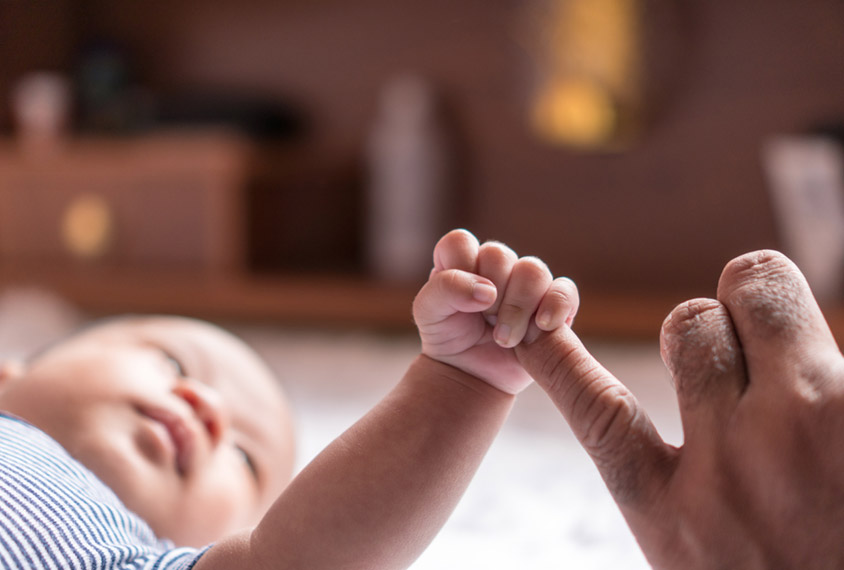
Hormone level in infants may predict autism diagnosis
Infants with low levels of the hormone vasopressin in their cerebrospinal fluid may be more likely to later be diagnosed with autism.
Fever’s immune effect on brain may ease autism traits
An immune molecule produced during a fever improves sociability in three mouse models of autism.
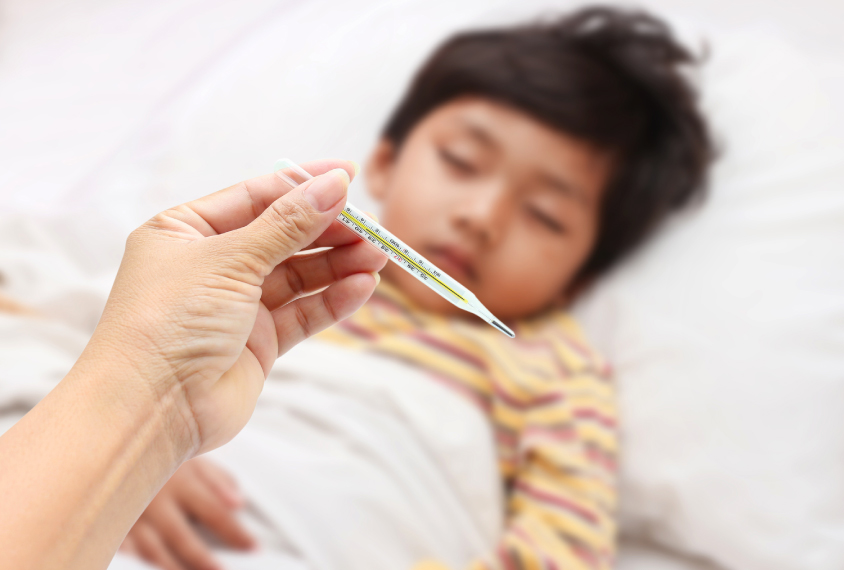
Fever’s immune effect on brain may ease autism traits
An immune molecule produced during a fever improves sociability in three mouse models of autism.
How pregnancy may shape a child’s autism
Autism is predominantly genetic in origin, but a growing list of prenatal exposures for mother and baby may sway the odds.
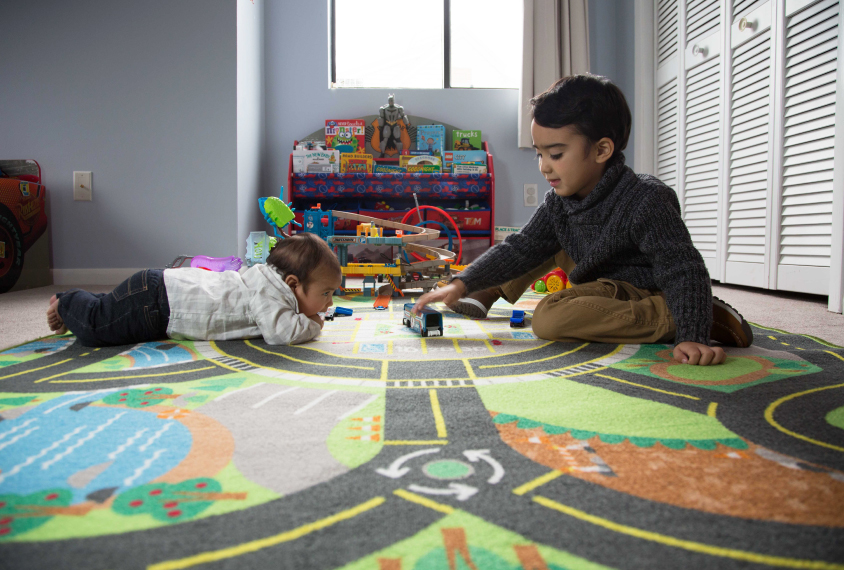
How pregnancy may shape a child’s autism
Autism is predominantly genetic in origin, but a growing list of prenatal exposures for mother and baby may sway the odds.
Study linking acetaminophen use to language delay is preliminary, experts say
Women who take acetaminophen — commonly marketed as Tylenol in the United States — early in pregnancy may increase their daughters’ risk of language delay.

Study linking acetaminophen use to language delay is preliminary, experts say
Women who take acetaminophen — commonly marketed as Tylenol in the United States — early in pregnancy may increase their daughters’ risk of language delay.
Genetic hotspot; big brain collaboration; funding fall and more
A gene called TRIO may be a hotbed for autism mutations, an international collaboration focuses on the whole brain and one behavior, and Autism Speaks cuts grant spending.
Genetic hotspot; big brain collaboration; funding fall and more
A gene called TRIO may be a hotbed for autism mutations, an international collaboration focuses on the whole brain and one behavior, and Autism Speaks cuts grant spending.
Explore more from The Transmitter
Dendrites help neuroscientists see the forest for the trees
Dendritic arbors provide just the right scale to study how individual neurons reciprocally interact with their broader circuitry—and are our best bet to bridge cellular and systems neuroscience.

Dendrites help neuroscientists see the forest for the trees
Dendritic arbors provide just the right scale to study how individual neurons reciprocally interact with their broader circuitry—and are our best bet to bridge cellular and systems neuroscience.
Two primate centers drop ‘primate’ from their name
The Washington and Tulane National Biomedical Research Centers—formerly called National Primate Research Centers—say they made the change to better reflect the breadth of research performed at the centers.

Two primate centers drop ‘primate’ from their name
The Washington and Tulane National Biomedical Research Centers—formerly called National Primate Research Centers—say they made the change to better reflect the breadth of research performed at the centers.
Post-infection immune conflict alters fetal development in some male mice
The immune conflict between dam and fetus could help explain sex differences in neurodevelopmental conditions.

Post-infection immune conflict alters fetal development in some male mice
The immune conflict between dam and fetus could help explain sex differences in neurodevelopmental conditions.